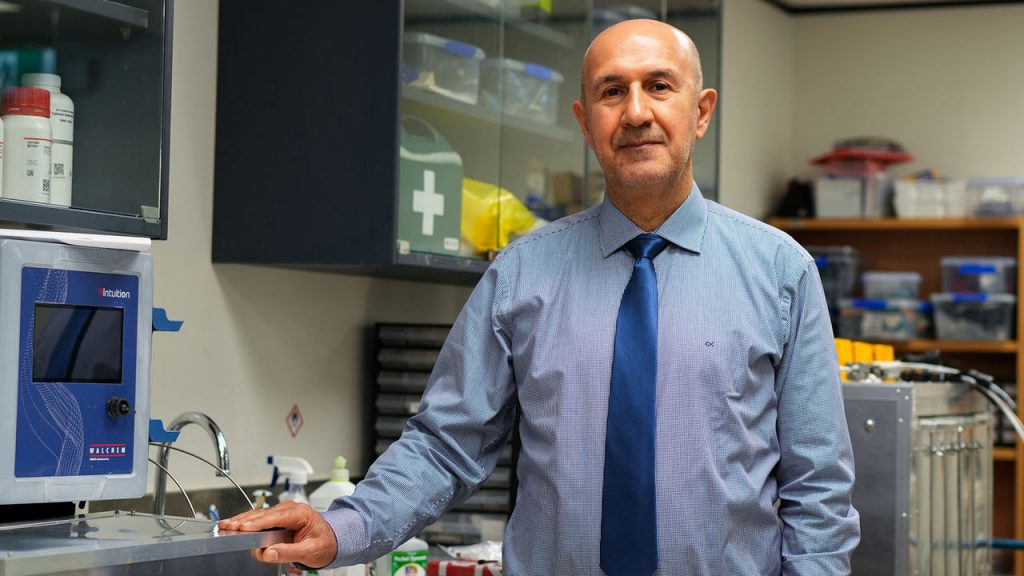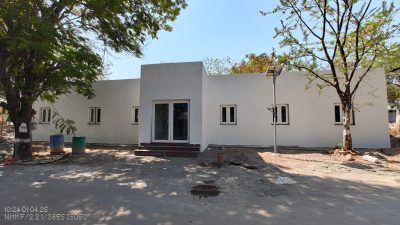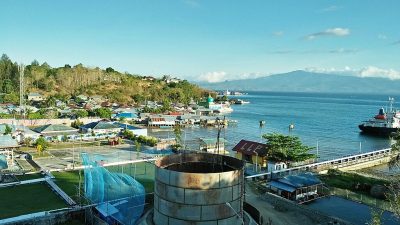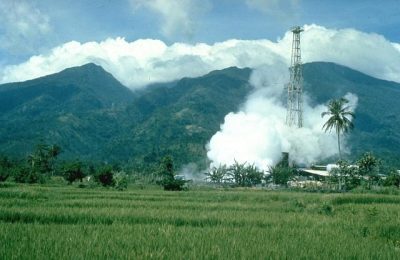Auckland, New Zealand explores geothermal to reduce heating bills
A research team from the University of Auckland is evaluating the use of geothermal energy to complement heating systems in Auckland, New Zealand.
A research team led by Associate Professor Sadiq J. Zarrouk, co-director of the University of Auckland’s Geothermal Institute, has begun drilling beneath the city of Auckland in New Zealand to evaluate how geothermal heat can be used to complement home and business heating systems.
Working in collaboration with water well drilling company Drill Force NZ Ltd, the team is collecting temperature data from a well in Takanini to assess the feasibility of using geothermal to cut water heating costs in households and businesses. The project could transform how buildings are heated by tapping into a sustainable and underused energy source, says Zarrouk, and could save households up to $20 per month, based on the average water heating costs of a typical household.
“The long-term vision is to make the technology low-cost and simple to implement in both new builds and existing buildings. The goal is to see it adopted widely as a clean, cost-effective energy solution,” said Zarrouk.
The technology works by drilling a shallow well near the property and running a water pipe through it. As the water flows through the pipe, it absorbs natural heat from the ground. This raises the water temperature by a few degrees, meaning less electricity is needed to heat it to the desired level – ultimately reducing overall energy use and power bills.
A special phase-change material that is used to efficiently store and distribute thermal energy will help to balance energy demand during peak usage times, according to Zarrouk.
The research team installed 15 sensors in the well to monitor temperature changes down to 20 metres below ground level. The data is being analysed using machine learning tools to help optimise the design of a second well, which is due to be drilled in the coming months.
Both wells will be monitored over the next year to better understand seasonal temperature behaviour. If results are promising, heat extraction systems will be installed to test the technology further.
“As the first study of its kind in Aotearoa New Zealand, this research has the potential to change the country’s energy use, paving the way for more sustainable and affordable heating options. If successful, the findings could provide long-term scientific and practical benefits, reducing reliance on traditional power sources,” says Zarrouk.
RELATED: New Zealand tissue and toilet paper company shifts to 100% geothermal
Source: University of Auckland



















